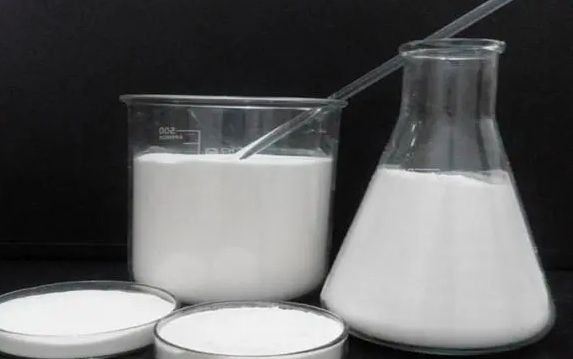Mortars are used extensively in the construction industry to bind bricks, stones, and other building materials. Mortar is a combination of sand, cement, and water, and it’s used as a binding agent. In recent years, redispersible latex powder (RDP) has become a popular additive in mortars, as it can enhance the properties of the mortar in various ways. RDP can be made from different materials, including polyethylene-vinyl acetate (PEVA) and cellulose ethers. In this essay, we will compare and contrast the properties of PEVA and cellulose ether-based RDPs, to help builders choose the right type for their specific needs.
Polyethylene-vinyl acetate powder (PEVA) RDP is a synthetic polymer dispersion that has been spray-dried. PEVA is known for its excellent water resistance, adhesive properties, and flexibility, making it a popular choice for construction applications. PEVA-based RDPs can improve the water retention, workability, and strength of mortar. The presence of PEVA particles in the mortar can also reduce cracking, as they help to distribute the stress more evenly.
On the other hand, cellulose ethers are natural polymers that are derived from cellulose. They are widely used as binders, thickeners, and stabilizers in various industries. Cellulose ether-based RDPs are known for their excellent water retention, viscosity, and workability. They can also improve the adhesion and strength of mortar, making it more resistant to cracking and other types of damage.
When it comes to choosing between PEVA and cellulose ether-based RDPs, there are several factors to consider. One of the most important factors is the type of mortar being used. For example, if the mortar is being used in a wet environment, such as a swimming pool or a water tank, then PEVA-based RDPs may be the better choice, as they offer excellent water resistance. In contrast, if the mortar is being used in a dry environment, then cellulose ether-based RDPs may be more suitable, as they offer better workability and viscosity.
Another important factor to consider is the required strength of the mortar. While both PEVA and cellulose ether-based RDPs can improve the strength of mortar, they can also have a negative impact on its compressive strength. Studies have shown that the addition of RDPs can increase the porosity of the mortar, which can reduce its compressive strength. However, the reduction in compressive strength is usually small and can be offset by other factors, such as improved adhesion and water resistance.
In addition to strength, the durability of the mortar is also an important consideration. PEVA-based RDPs are known for their excellent durability, as they can withstand exposure to harsh weather conditions and other environmental factors. Cellulose ether-based RDPs are also durable, but may not be as resistant to certain types of damage, such as exposure to UV light.
Overall, both PEVA and cellulose ether-based RDPs have their advantages and disadvantages, and the right choice depends on the specific needs of the builder. PEVA-based RDPs are more water-resistant, while cellulose ether-based RDPs offer better workability and viscosity. Both types of RDPs can improve the adhesion and strength of mortar, but may also have a slight negative impact on its compressive strength. Durability is also a consideration, with PEVA-based RDPs being more resistant to harsh environmental conditions.
In conclusion, the choice between PEVA and Cellulose Ethers for redispersible latex powder in mortars depends on the specific application requirements. PEVA is ideal for use in exterior applications due to its high level of water resistance and excellent adhesion, while Cellulose Ethers are better suited for interior applications due to their excellent water retention properties and ability to improve compressive strength. Ultimately, the decision should be based on a thorough understanding of the requirements of the application, as well as the properties and cost of each additive.


